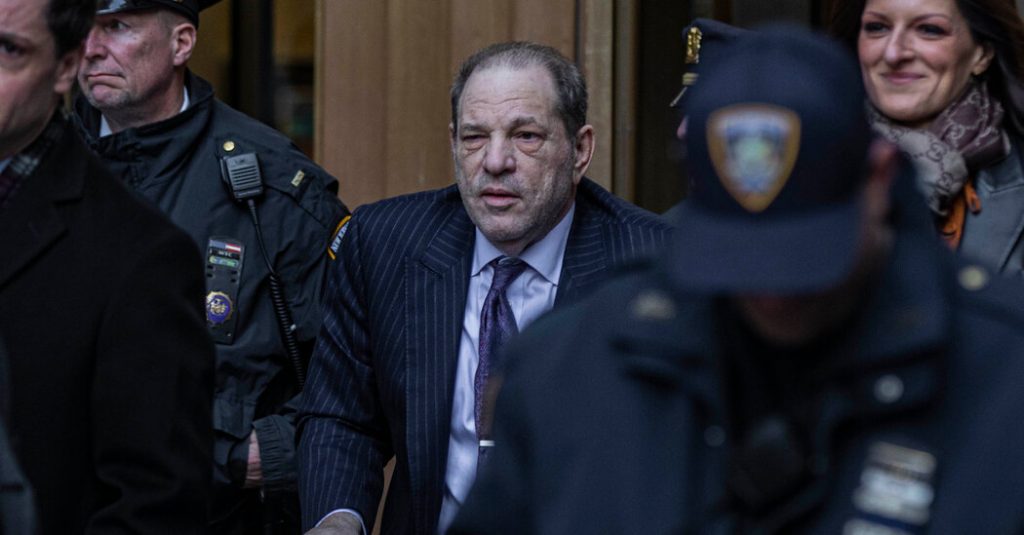The overturning of Harvey Weinstein’s New York sex crimes conviction has been a shocking reversal, but the criminal case against him has been fragile from the start. Prosecutors took risky gambles, moving forward with a trial based on only two victims who admitted to consensual sex with Weinstein at other times. The lack of concrete evidence led to a controversial strategy where additional women were put on the stand to establish a pattern of predation. While this strategy initially led to Weinstein’s conviction, it ultimately became the basis for his repeated appeals.
Outside the justice system, evidence of Weinstein’s sexual misconduct is overwhelming, with nearly 100 women coming forward with accounts of abuse, sparking the global #MeToo reckoning. However, many of these stories were about sexual harassment, which is a civil violation, not a criminal one. Additionally, some of the accusers were from out of state or fell beyond the statute of limitations. The prosecutors’ decision to proceed with a trial based on two victims also faced criticism due to the messy nature of the case.
Weinstein’s repeated appeals focused on the admission of witnesses who fell outside the scope of the charges, violating the cardinal rule that defendants must be judged only on the acts they are being charged with. While the New York appeals court initially upheld his conviction, the case was brought to the state’s highest court for final appeal. In February, seven of the state’s highest judges debated whether Weinstein had been treated fairly in court, ultimately leading to the decision to throw out the conviction and order a new trial.
The decision to overturn Weinstein’s conviction was made by a slim majority of the New York judges, with dissenting judges fearing the implications of the ruling. The majority’s determination was criticized for perpetuating outdated notions of sexual violence and allowing predators to escape accountability. This has sparked fresh debate about the ground rules for criminal convictions in sexual misconduct cases, with many acknowledging the importance of accounts from multiple accusers while also recognizing the strict witness rules that can sometimes limit the evidence presented in courtrooms.
The decision to throw out Weinstein’s conviction has led to mixed reactions, with some, like actress Ashley Judd, expressing disappointment and reaffirming their belief in the truth of the allegations. The passionate debate among the judges and the early reactions to the ruling highlight the ongoing dilemma faced by prosecutors in the #MeToo era. While the movement has underscored the importance of multiple accusers coming forward, strict witness rules can sometimes hinder the presentation of relevant evidence in sex crime cases. Prosecutors will continue to grapple with this tension as they seek to hold perpetrators of sexual misconduct accountable.


